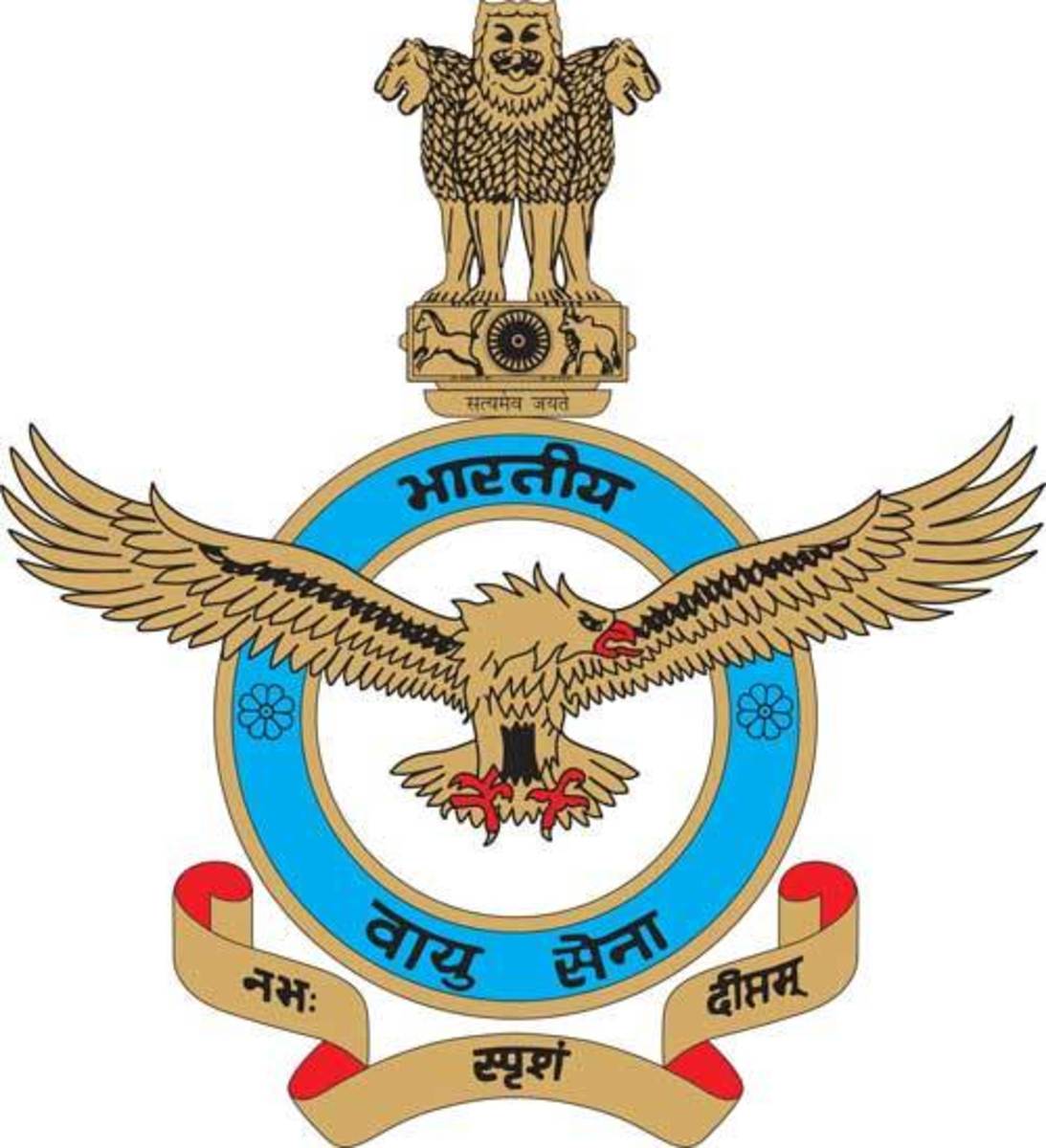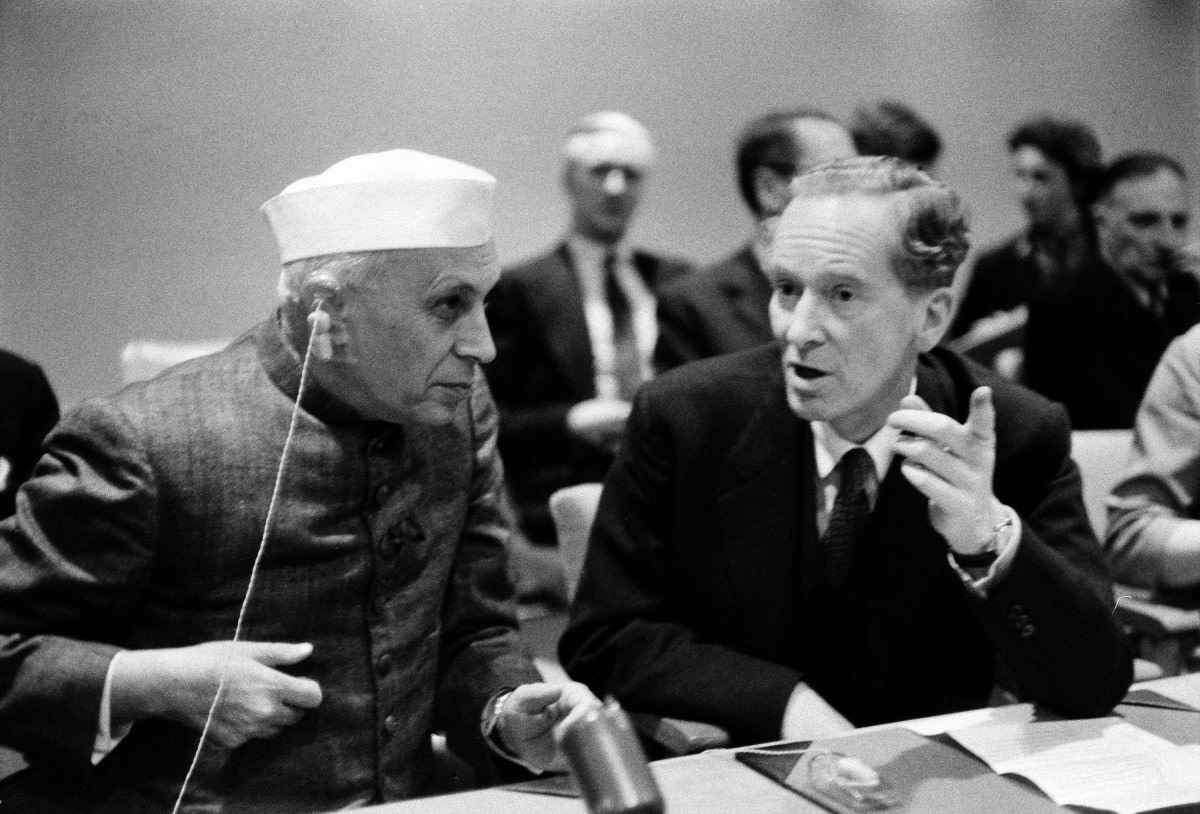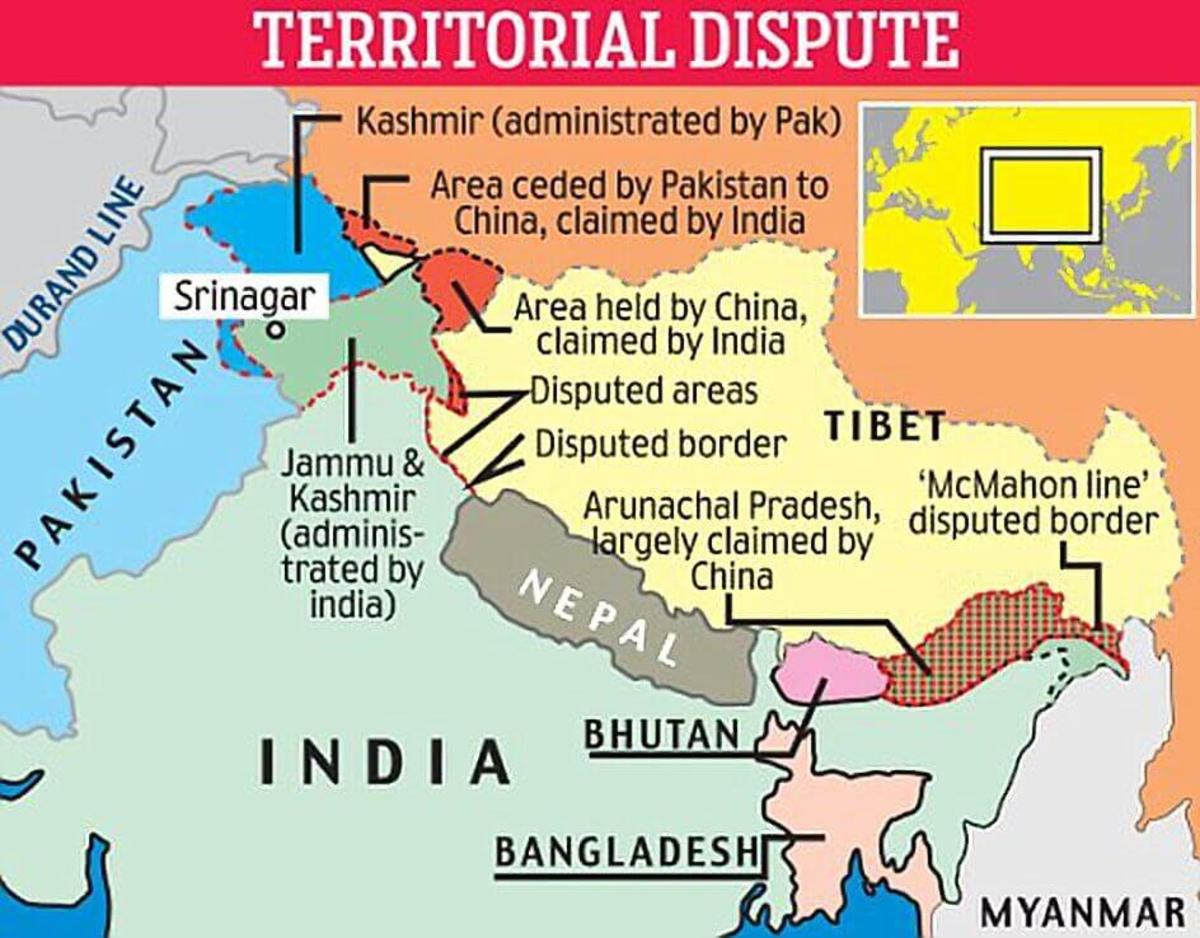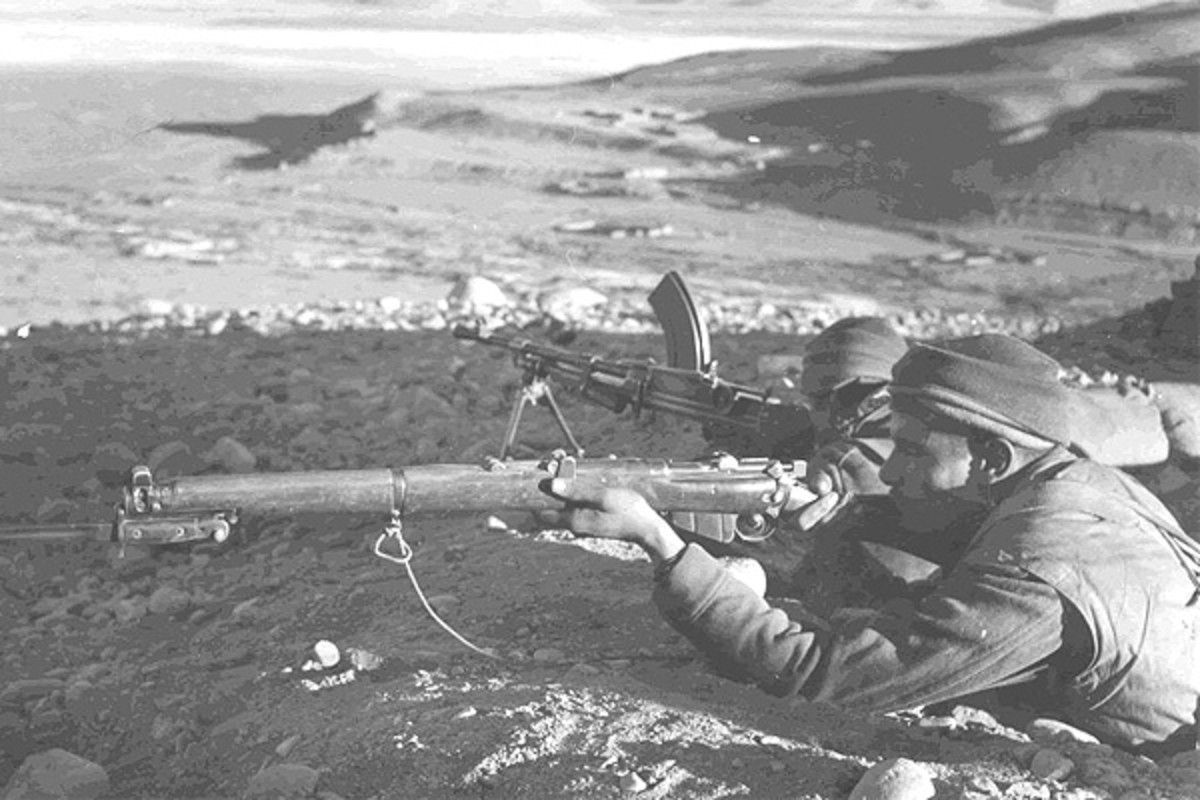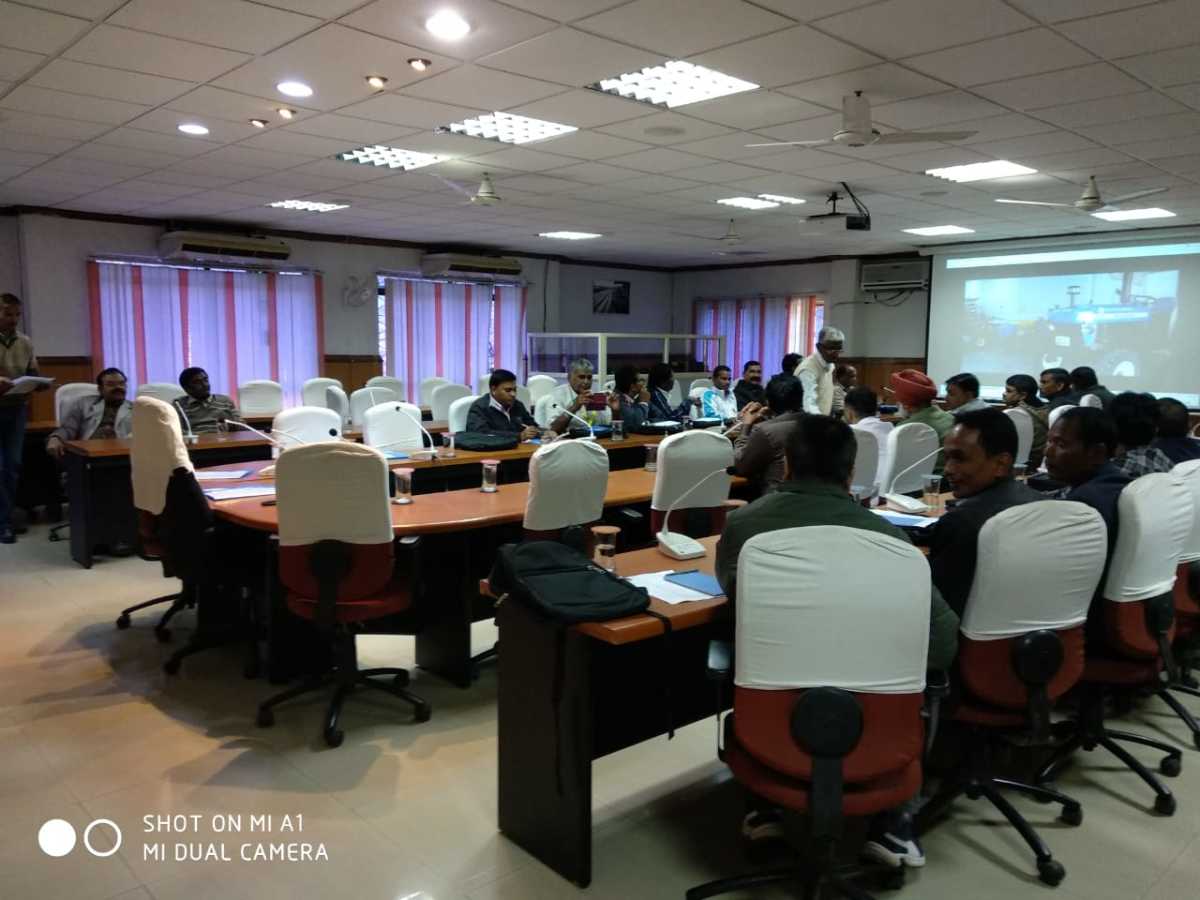1962 War; Not Using the Air Force Was a Monumental Blunder
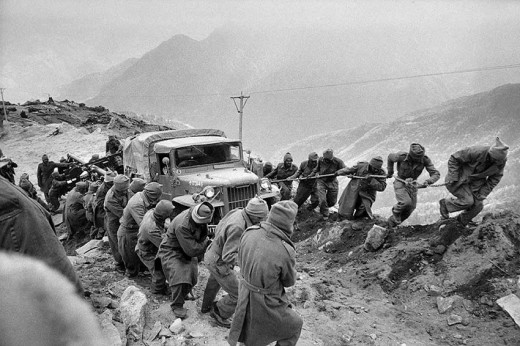
The Beginning
In 1962 relations between India and China were at a low ebb. Nehru who imagined himself as a "great third world leader "was wanting to keep his image intact but he disregarded the cardinal principle of Indian history that the Hindus were always defeated as they never took the initiative or had any proactive policy against the invaders. This is aptly summed up Field Marshal Montgomery in his "History of warfare". Monty wrote that the Hindus were tremendously brave with a fatalistic contempt of death but lacked strategic sense and single-minded aim to annihilate the enemy.
This is borne out by the Indian reaction and response to the Chinese attack in 1962 across a frontier of almost 3000 km. Firstly, the smug approach of Nehru that China would never attack India led to practically zero development of roads and infrastructure along India's border with Tibet( annexed by China). Secondly, he never thought of modernizing the army which continued to be equipped with .303 vintage bolt action rifles. Thirdly he showed himself as a leader with rubbery legs as he failed to steel the Indian people for a war with China and just threw in the towel when a little circumspection and thought could have turned the tide of the war, in case he had used the Indian Air Force, where India held the upper hand.
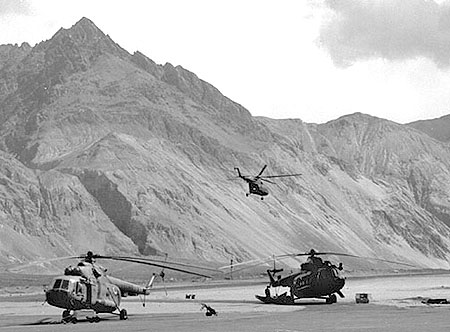
Paucity of Military Thought
Nehru can be blamed for a100 things but there is no denying the thought that the Indian general staff was simply out of its depth in relation to China. No army chief or general except Lt general Kulwant Singh ( he was superseded by Nehru) put up even a single paper to the GOI on the Northern border and Tibet.
China and Tibet remain a taboo area even now for the armed forces. When I was undergoing the defense staff course I found that not a single exercise or war game was studied of a potential war with China and a strike into Tibet. This is hard to reconcile as the cardinal principle of war as enunciated by Clausewitz that Offence and Concentration of Force are important was never put into practice against China.
This paucity of thought was the main reason for not using the IAF at a critical juncture when the Indian forward posts had fallen and many Indian troops were on the run.
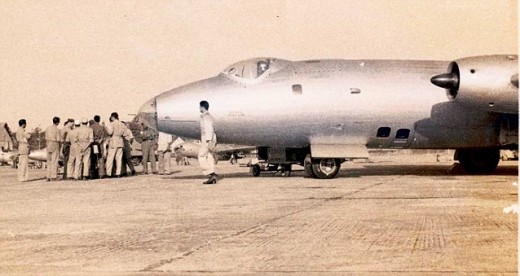
Using the Air Force.
This taboo subject was opened by Air Chief Marshal NAK Browne who recently stated that the outcome of the 1962 war with China would have been different had the Air Force been used. This statement came after almost 50 years of the end of the war. He further added that the IAF was not allowed to be used in an offensive role and confined only to provide transport support to the Army and said: "these are open and glaring lessons we should have imbibed". It must also be noted that Lt Gen BM Kaul, the commander appointed by Nehru in his book stated that "we made a great mistake in not employing our air force in a close support role during these operations".
It must also be understood that the Chinese Air Force was infinitely inferior to the IAF and was one of the reasons they never used their Air Force for fear of a retaliatory strike. The bulk of the CAF consisted of old Soviet MIG-15s and 17s. Only it's few modern MIG-19s were on par with the IAF Hunters and Gnats. Generally, it was an inferior force.
According to British military historian, Wg Cdr Asher Lee in the British War Journal of September 1965, all CAF IL-28 light bombers were by early 1962 facing serious technical problems and a desperate shortage of fuel and the state of the fighter Fleet was not much better. As per Lee in his overall assessment in1962, the CAF was nearly totally grounded.
The Chinese knew this and thus never used their air force. Nehru lacking any strategic sense surrounded by pussy footed generals did not bite the bullet and the IAF was not used. The air force chief Air Marshal Engineer gave no inputs and just kept mum.
There are also reports that at an Intelligence briefing before the war had begun Air Commodore (Intelligence) at Air Hqrs was severely chastised by Nehru for suggesting offensive use of the IAF.
Likely scenario
Even if the CAF had fully serviceable aircraft, yet the fact is that only the MIG 19 was having some relevance. It could reach Indian Army positions. However, due to the impact of operating at a great altitude, the fuel and weapon loads which it could carry were severely limited. They thus posed little or no threat to the Army or IAF fighters had India deployed them. As for the East, even the Mig-19s could reach the Border only from Kunming.
In contrast, Indian Air Force fighters/fighter bombers were: technologically and performance wise far superior to those of the CAF. Moreover, they would take-off from bases close to sea level and so would be able to carry their full fuel and weapons loads.
The use of the IAF would have resulted in Chinese advance of ground troops being effectively neutralized and their capture of the critical towns of Tawang and Bomdila, and the strategic Sela Pass would have been negated. As for the West, the Chinese would have been unable to capture the additional areas and could have even been dislodged from much of the 50,000 square kilometers, they had captured in Aksai Chin over 1952 to 1960 by progressive clandestine aggression. The War would, therefore, have ended as a Chinese debacle instead of an Indian defeat.
Last word
Alistair Mclean wrote the famous novel " Fear is the key." This about sums up the response of both Nehru and the general staff. Nehru died but he had changed his thinking as evidence from the letter he wrote to the US president Kennedy requesting for F-104 fighters and even B-47 bombers to bomb China, but at that cardinal time, he listened to advise of the US ambassador Galbraith and his IB chief and failed to act. The pussy footed generals gave him company and the result is that India has lost a big chunk of its territory to China for maybe the next 200 years.


